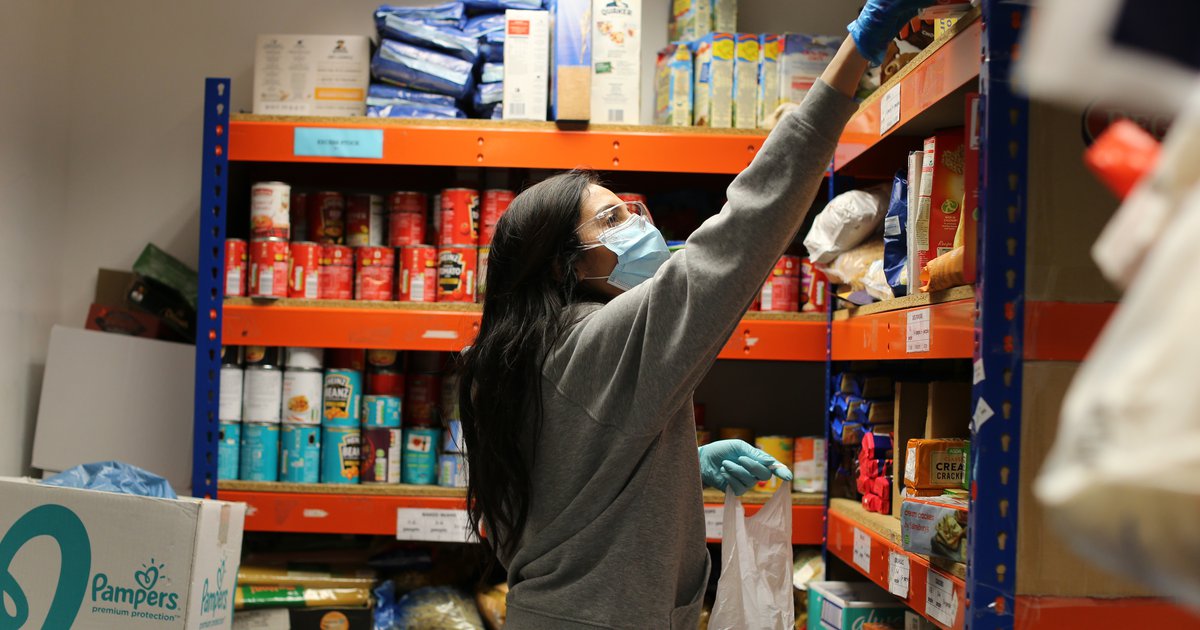
People are starting to speak out about this scandal. For the first time in its history, the UN children’s fund, UNICEF, has launched an emergency UK plan to help feed British children during the pandemic. In October, the Conservative MP Caroline Ansell resigned from her government job over the government’s refusal to extend free school meals into the holidays. At the start of this year, social media was flooded with photos of inadequate food packages supplied by a private contractor on behalf of the state to pupils during lockdown.
Food security and poverty are complex issues that require drastic intervention at national and local level, combined with support from the public, to fix. Right now, we need emergency investment from the government, in partnership with local councils, schools and businesses.
Part of this cash stimulus could be restricted to households beneath a certain income level and valid only for food products, lifting pressure on food banks. The adoption of a cash-first approach, similar to that taken by the Scottish government, would prevent reliance on emergency food aid and enable people to remove themselves from cycles of poverty.
If our government can subsidise the Eat Out to Help Out scheme, it should also be able to look after those who cannot afford to eat anything at all. For example, Bow Food Bank costs £800,000 a year to run. There are more than 2,000 food banks across the UK, of which 40% are independent. If each had a similar budget to ours, funding them directly would only account for 0.5% of the recent £280bn Covid-19 stimulus package.
This investment could be managed by a food security minister – a position that doesn’t currently exist. This new role would help coordinate efforts across government to end hunger: among which would be reversing welfare budget cuts, reforming Universal Credit to eliminate delays and punitive conditions, restructuring income tax for the wealthy and ensuring people are paid a genuine living wage.